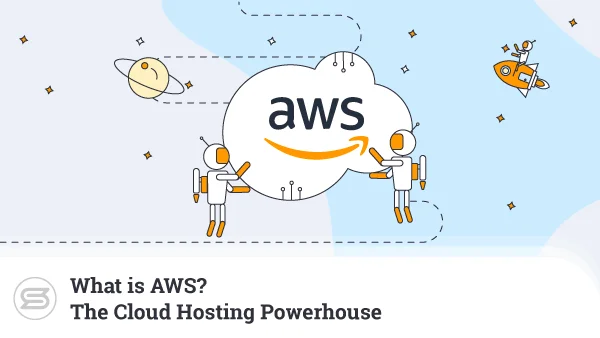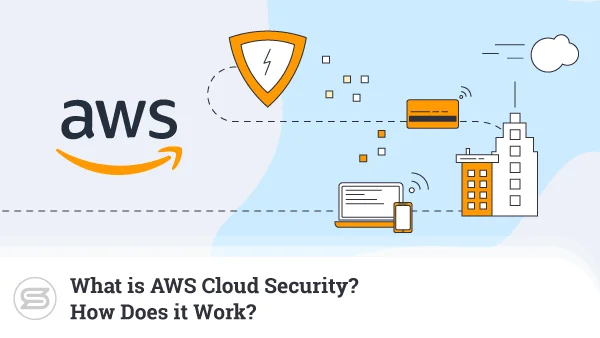What APIs can be used in AWS?
Application Programming Interfaces (APIs) are a crucial part of integrating applications within the AWS ecosystems. So it doesn’t matter whether you’re new to the scene or a professional developer – understanding APIs and knowing which ones to use with AWS is of the utmost importance.
That’s exactly what we’re going to discuss in this article. As per usual, we’ll start with the basics:
What is AWS?
Amazon Web Services (AWS) is the most popular cloud platform globally. It dominates the market because it offers significantly more services and functionalities than the alternatives. Its core infrastructure was built to meet the standards of high-sensitivity organizations and enterprises, such as banks, law firms, and the military.
AWS features 31 launched regions, 99 availability zones, and 450+ points of presence. To simplify, that means you can deploy your apps to users globally with single-digit millisecond latency.
Overall, AWS is fast, secure, and flexible – everything your business needs.
What is an API?
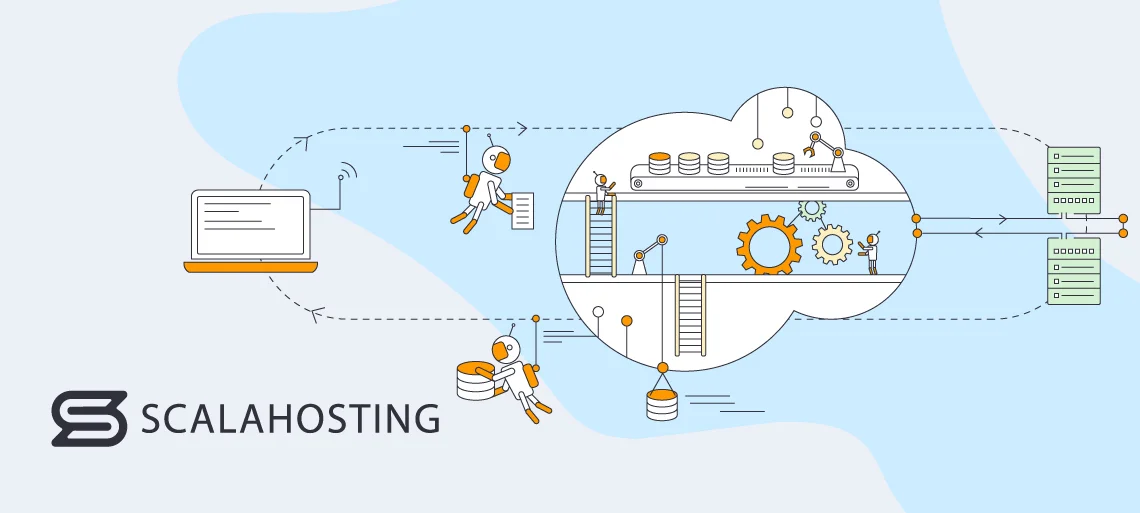
An API enables software solutions to communicate with each other via a set of definitions and protocols. It’s like a middleman between two programs.
The first example that comes to mind when discussing APIs is the Pay with PayPal button you see on numerous ecommerce stores. When you choose that option, you request the amount you need to pay to the PayPal API. A pop-up will ask you for authentication and confirmation. If everything is okay, the API will send the payment to the store, ensuring no sensitive data is kept on the website.
There are four API types:
- public/open – accessible by anyone over the internet
- private/internal – internal to organizations and companies
- partner – mix of private and public, an organization creates APIs that can be used both by employees and partners/customers
- composite – combine data from several sources, both public and private
API Benefits
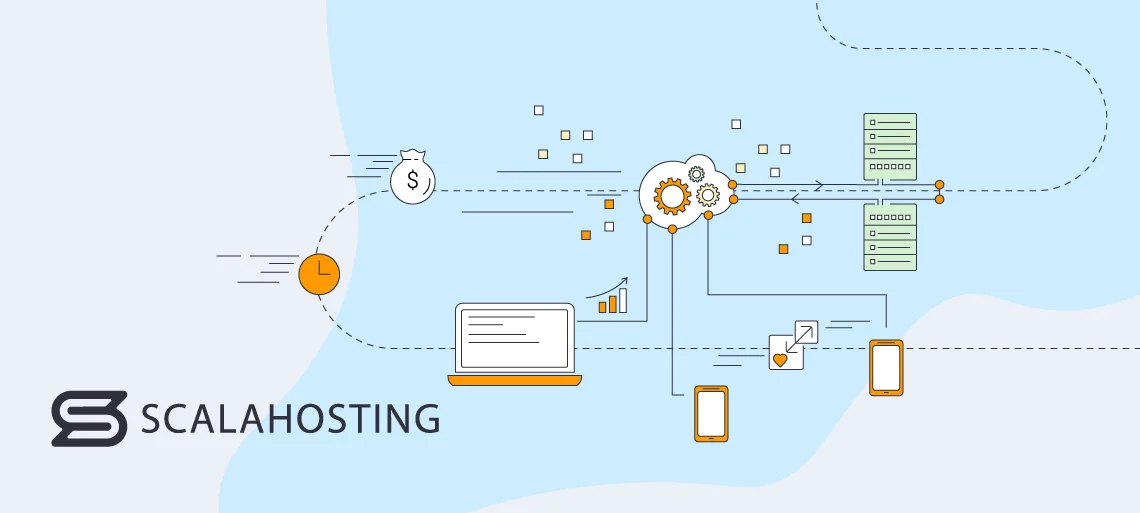
The most obvious benefit here is easier and better integration. Employing APIs allows platforms, software, and apps to share information and carry on tasks. That way, your company will achieve the desired results without you setting aside a budget for development. So, they save you some money, too.
APIs are also great for business еxpansion. Depending on your industry, you will be able to meet your customers’ needs across different platforms. And you don’t need to worry about those platforms changing and affecting your business. Each system must make internal improvements in a way that will not affect the API. That makes them easy to maintain.
What APIs Can You Use in AWS?
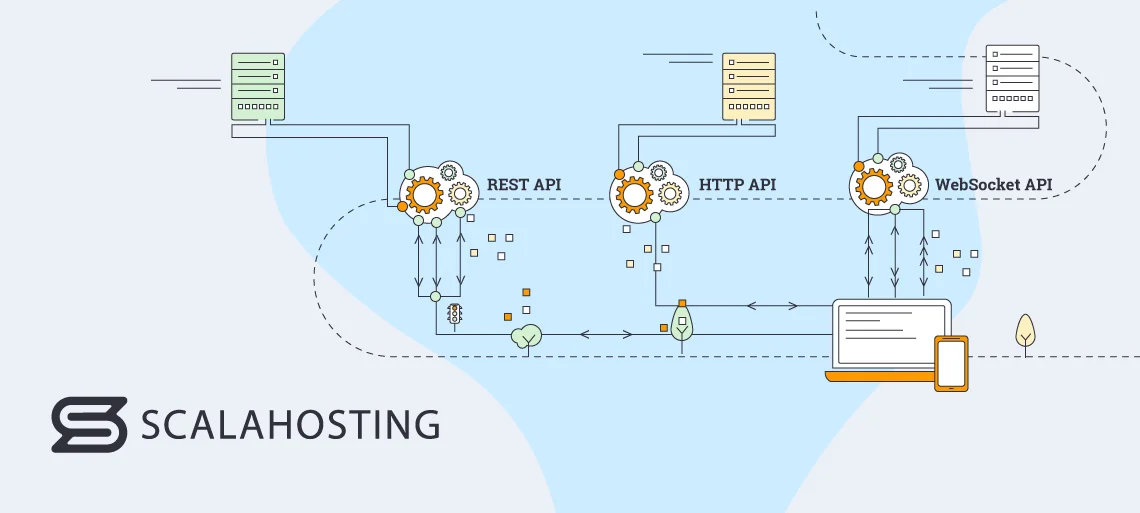
Which APIs can you use in AWS, and what do they bring to the table? Let’s see:
REST API
REST (Representational State Transfer) APIs are the most popular option on the market. They define a set of functions like PUT, GET, DELETE, and more. Those APIs can be integrated with backend HTTP endpoints, Lambda functions, and other AWS services.
The model used is request/response. To simplify, when a client sends a request to a service, it responds back synchronously. REST APIs have two main benefits – flexibility and statelessness. The latter means the servers will not save user data between requests.
AWS REST APIs have three endpoints:
- Edge-optimized
- Regional
- Private
If you need if you need API management capabilities, you get:
- Custom domains
- API keys
- Per-client rate limiting
- Per-client usage throttling
As for security, REST features mutual TLS authentication, AWS WAF, and backend authentication.
All this makes REST suitable for various apps. In fact, most of those you probably use daily – Facebook, Google, and Moodle, for example – use REST API.
HTTP API
HTTP APIs are very similar to the REST ones. The main difference is that HTTP APIs have minimal features, making them more suitable for people on a budget. For example, HTTP APIs only have a regional endpoint and offer just mutual TLS authentication and custom domains.
Those APIs can be used to send requests to AWS Lambda functions or to routable HTTP endpoints. They support OpenID Connect and OAuth 2.0 authorization. In addition, you get built-in support for cross-origin resource sharing (CORS) and automatic deployments.
If you wish to create an HTTP API, you can use the following:
- AWS Management Console
- AWS CLI
- AWS CloudFormation
- SDKs
WebSocket API
WebSocket API is a collection of WebSocket routes integrated with backend HTTP endpoints, Lambda functions, and more AWS services. Such APIs are bidirectional, meaning a client can send a message to a service and vice versa independently. That way, services can push data to customers without the latter needing to make a specific request.
You can use the API Gateway console, AWS CLI, or AWS SDK to create a WebSocket API.
Once you do, you get four route options:
- Connect
- Disconnect
- Default
- Custom
WebSocket APIs are best used for chat apps, financial trading platforms, multiplayer games, and similar real-time applications.
ScalaHosting and AWS
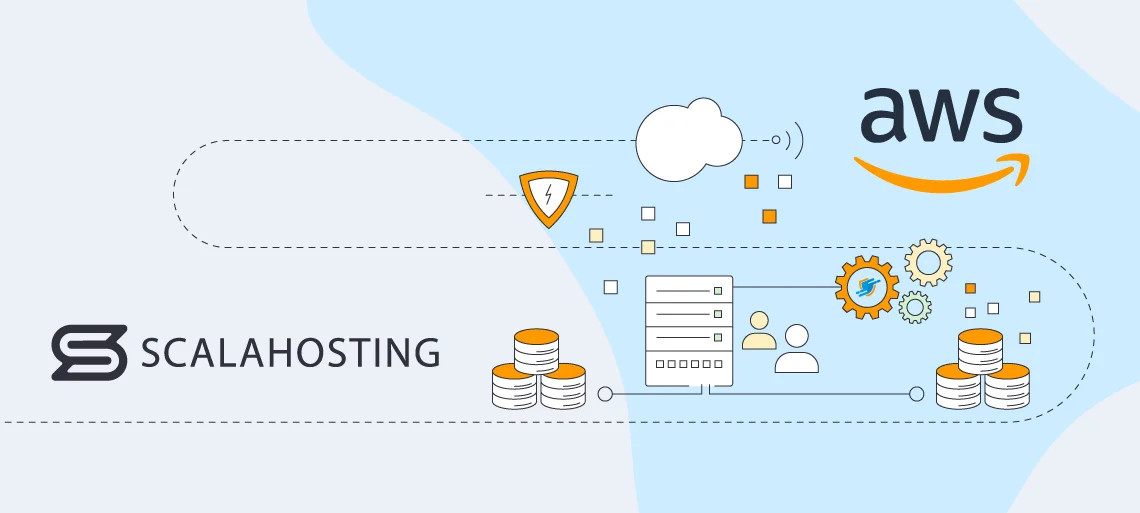
Recently, ScalaHosting and Amazon partnered up with the mutual goal to provide the best service on the market.
Thanks to that, ScalaHosting’s locations got 13 additional cities on four continents:
- Virginia, Ohio, Oregon (US)
- Montreal (Canada)
- Ireland
- London (UK)
- Paris (France)
- Frankfurt (Germany)
- Singapore (Singapore)
- Tokyo (Japan)
- Seoul (South Korea)
- Mumbai (India)
- Sydney (Australia)
ScalaHosting clients also get additional server options – from 2GB to 16GB RAM. You can also get up to 4 CPU cores on the fixed plans.
And, of course, once you subscribe to a plan, you get free access to SPanel. It’s our lightweight, fast, custom-built hosting management platform. It makes managing your sites a breeze while also equipping you with an additional layer of security.
ScalaHosting’s AWS Hosting options come with 24/7 support and remote daily backups.


Wrap Up
As you can see, APIs are vital. They enable seamless communication and data exchange between different services. This allows you to leverage the full power of AWS for your software.
And now you know exactly which ones to use for your end goal. As people say, the sky’s the limit!
FAQ
Q: Does Amazon have an API?
A: Amazon offers an API Gateway, which is a service that enables users to create, publish, and maintain REST, HTTP, and WebSocket APIs. They can make one that accesses AWS, another for less important web services, and a third one for data stores in the AWS Cloud.
Q: What are the four types of API?
A: The four types of APIs are public/open, private/internal, partner, and composite. They are separated into those categories based on what they’ll be used for. Private APIs, for example, can be accessed only by employees of the organization that created the API. Public ones are available to everyone. The partner and composite ones are a combination of open and internal.
Q: What are examples of APIs?
A: The most popular example of API is the Pay with PayPal option. It’s used to request the amount you need to pay to the PayPal API. If everything is okay, the API will send the money without allowing the website to access sensitive data.
Another good example is Google Maps, which is integrated into business websites and used to mark their location. Last but not least – the Log in Using Google/Facebook/Email/etc option. The API connects the two platforms, transferring your login details from one to the other.


